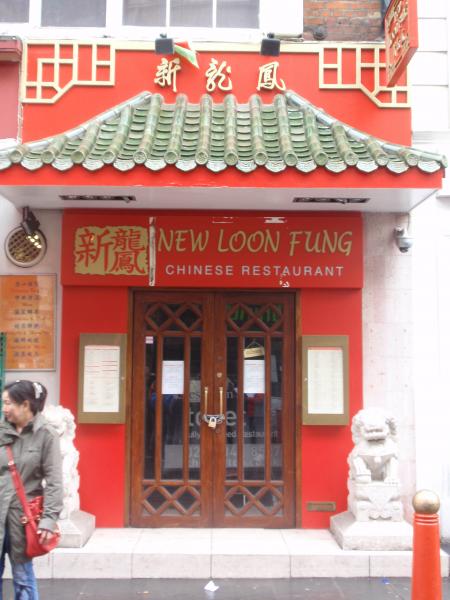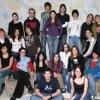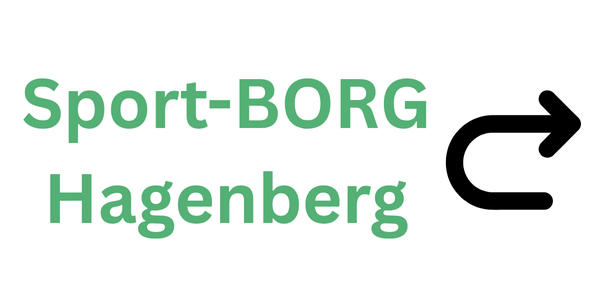History:
The area that we know as Chinatown has a long and rich history that stretches back to the 17th century and beyond.
Chinatown is highly decorated for special occasions. Chinatown has moved form different places in London. The name Chinatown is used for
.. of Chinese people in many cities like London, New York and others. The city´s present Chinatown is in the Soho area of the City of Westminster, occupying the area in and around Gerrard Street. It contains a number of Chinese restaurants, bakeries, supermarkets, souvenir shops, and other Chinese-run businesses.
The first area known as Chinatown in London was located in the Limehouse district of the East End of London. At the start of the 20th century, the Chinese population of London was concentrated in this area, setting up businesses which catered to the Chinese sailors who frequented Docklands. The area known through exaggerated reports and tales of opium dens and slum housing, rather than the Chinese restaurants and supermarkets. However, much of the area was damaged bombing during the Blitz in the Second World War, nevertheless a number of elderly Chinese still choose to live in this area. After the Second World War, the growing popularity of Chinese cuisine and an influx of immigrants from Hong Kong led to an increasing number of Chinese restaurants being opened elsewhere.
The present Chinatown was established in 1970s. Until then, it was a regular Soho area, run-down, with Gerrard Street, as the main thoroughfare.
In 2005, the property developer Rosewheel proposed a plan to redevelop the eastern part of Chinatown. The plan was opposed by many of the existing retailers in Chinatown. Because they believed that the redevelopment would drive out the traditional Chinese retail stores from the area and change the ethnic characteristic of Chinatown.
London´s Chinatown is a commercial area. Very few people actually live there. There is a large residential block called Vale Royal House which houses a number of families, professionals and single men and women. This block was built in the 1980s and was made famous by housing the China Town car park underneath it.
There are repeated claims that there are many illegal workers in London´s Chinatown earning less than minimum wage.
The nearest London Underground stations are Leicester Square, Piccadilly Circus and Covent Garden.
Some interesting facts:
1978: The London Chinese Chinatown Association was formed to promote stronger links between Chinatowns community and the City Council, Police and the community outside of Soho.
1979: The Chinese Community Centre was opened and became a popular venue for gatherings and social events.
Mid-1980s: In recognition of Chinatowns significance, Westminster City Council started to collaborate with the Chinese community on a series of initiatives to improve the area, including the restoration of Lisle Streets 18th century shop fronts.
1985: Chinatowns first organised Chinese New Year celebrations took place.
Festivals in China / Chinatown
There are four main festivals in China: Spring Festival and Mid Autumn Festival take place in Chinatown this year.
Spring Festival
Mid Autumn Festival
Lantern Festival
Dragon Boat Festival
Spring Festival:
Spring Festival, which is also called Chinese New Year falls on February 1st, 2009 according to the Chinese Lunar Calendar. It is usually called Yinlinian. This is the most important and most enjoyable festival in China.
When Spring Festival comes, spring comes as well. Everything comes to life and plants are prosperous. After just having experienced a cold winter, people are so excited to welcome a new spring.
People in different places celebrate Spring Festival in different ways. Generally speaking, a Chinese family will hold a Spring Festival feast, light firecrackers and give lucky money to children.
CHINESE NEW YEAR 2009 - YEAR OF THE OX - SUNDAY FEBRUARY 1ST 2009
Last year, more than 300,000 people enjoyed London´s Chinese New Year celebrations for the Year of the Rat. Events included a two-hour parade through the West End with crowds lining the streets to watch lions, dragons and dancers made their way through Chinatown. In Trafalgar Square, spectators enjoyed displays of acrobatics, martial arts, opera and Chinese dance, while Leicester Square played host to an hourly fireworks and firecracker display.
Mid Autumn Festival:
This year, the Moon festival will be held once again in Chinatown on Sunday 30th September, by the London Chinatown Chinese Association. There will be a host of events around Chinatown as it comes alive with dragons, lions and stalls selling all things Chinese. The Festival will include performances from a variety of Chinese artists from China. For the children, there will be fun workshops to creat lanterns, fans and Chinese paintings.
Why is the Mid Autumn Festival so important? Because it is related to the moon and Chinese people like the moon very much. In Chinese culture, the full moon is a symbol of peace and prosperity for the whole family. On Chinese Lunar Day, August 15th, the moon looks full and round, so people think this day is very propitious.
Lantern Festival:
The January 15th according to the lunar Chinese calendar is Lantern Festival.
The night of the 15th according to the lunar Chinese calendar is the first full-moon night of the New Year. People treat it as a symbol of New Year and celebrate on that day. They celebrate the bright moon, appreciate the beautiful lanterns, burn fireworks, guess lantern riddles and eat yuanxiao (stuffed dumplings made of glutinous rice flour served in soup) together.
Dragon Boat Festival:
May the 5th is the traditional Dragon boat Festival in China. This festival lasts for more than 2,000 years. Because the area is wide and there are many nationalities in China, the tradition on Dragon boat Festival are different from place to place. The dragon boat racing has been an international game.
Dragon Boat Racing:
Dragon boat racing is the main activity in the Dragon boat Festival. It is said that in ancient times, a famous minister named Qu Yuan committed suicide by jumping into the Miluo River. People felt very sad about his attempt. They tried their best to catch up with him, but when they got to Dongting Lake, Qu Yuans body could not be found. This is said to be the origin of Dragon boat racing.
Culture in China / Chinatown:
"The great law of culture is: Let each become all that he was created capable of becoming."



































































































